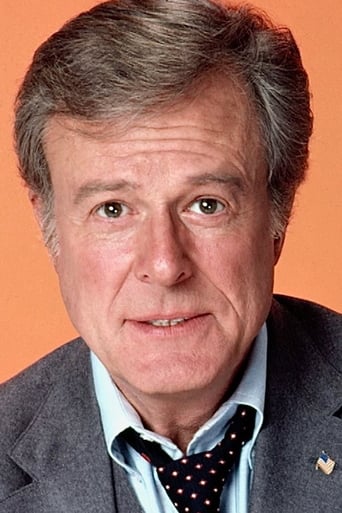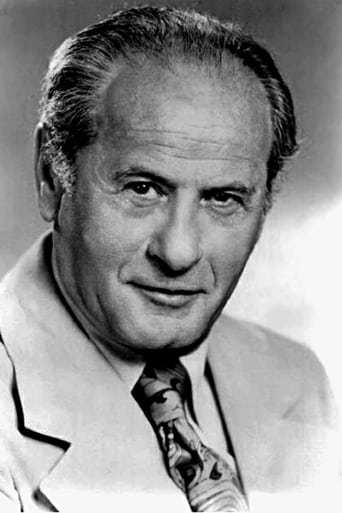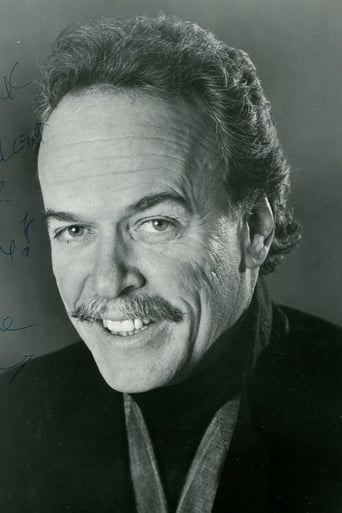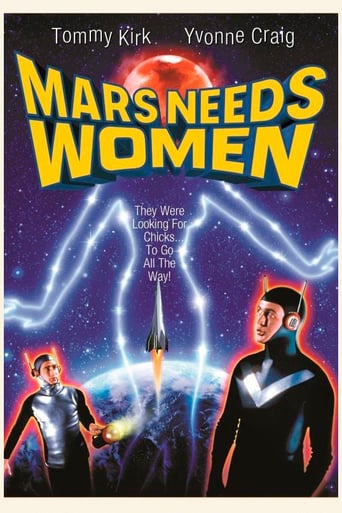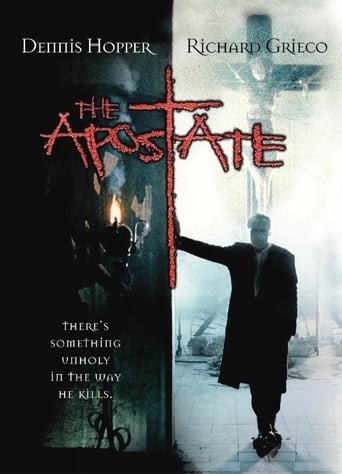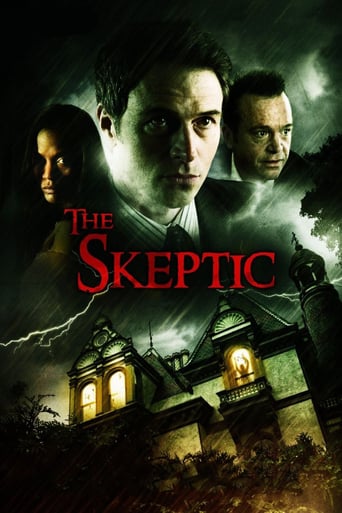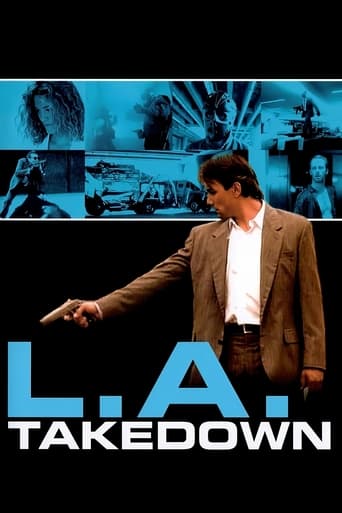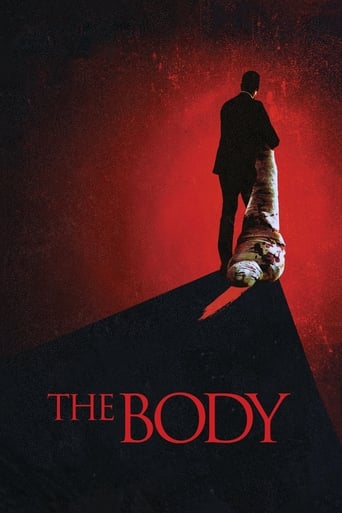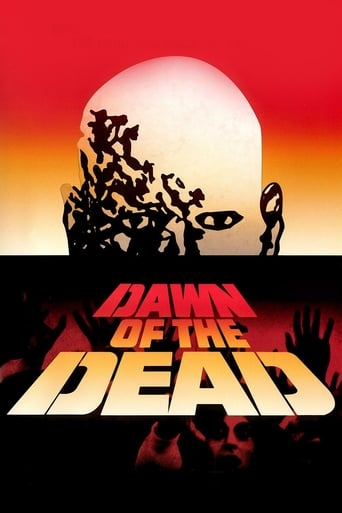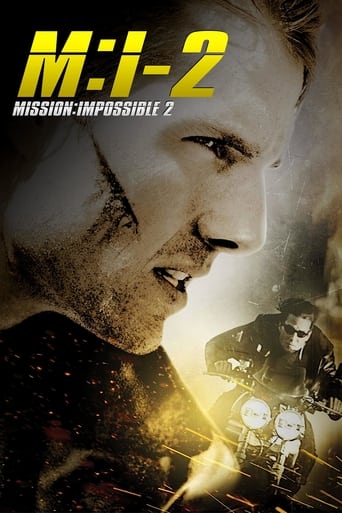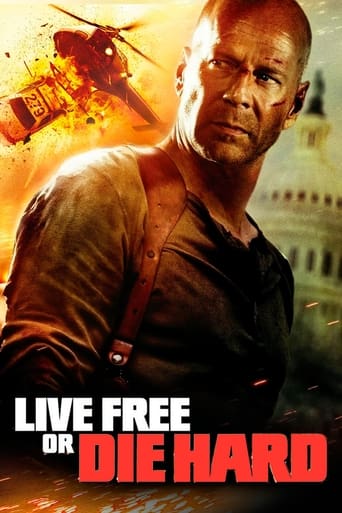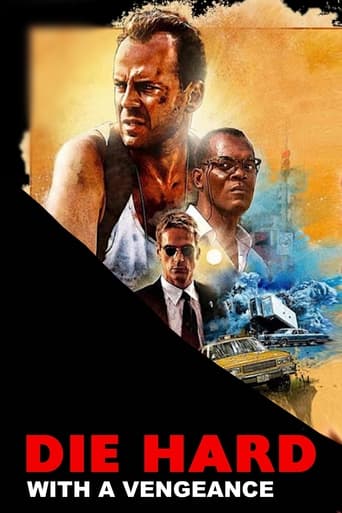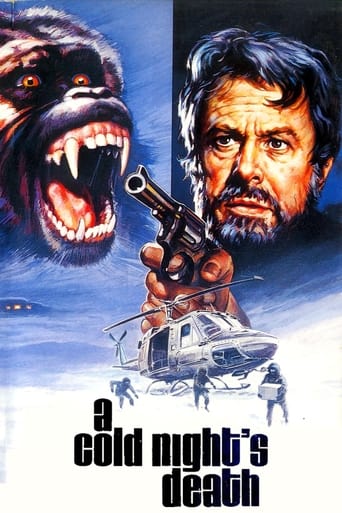
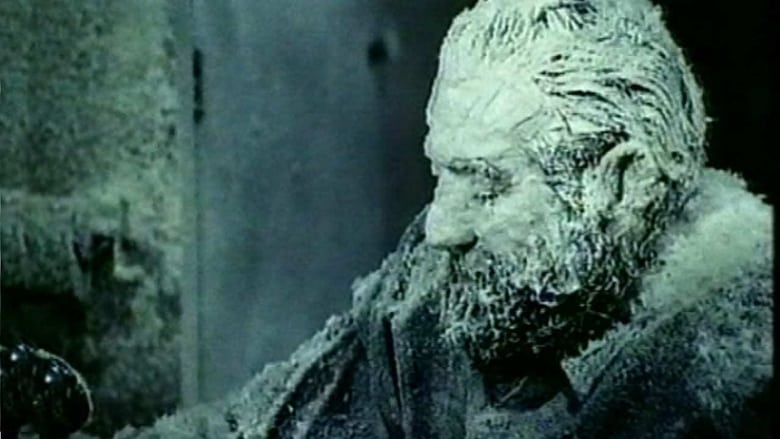
A Cold Night's Death (1973)
Two scientists suspect that there is someone other than their research primates inhabiting their polar station.
Watch Trailer
Cast


Similar titles
Reviews
I saw this TV movie classic when I was 11 or so and have never forgotten it. I watched it again last night on YouTube, and despite the poor visual quality, it delivered the goods again, mostly: eerie, mysterious, claustrophobic, and very memorable.But I had a big question about it when I saw it as a boy and it persists today: what exactly is the movie revealing about the monkeys at the end? Yes, we discover that they, or at least one of them, is killing the scientists. And yes, the monkeys, or at least the one who's doing the killing, seem preternaturally intelligent--capable of pressing the correct buttons on the tape recorder to erase a lengthy tape, capable of opening padlocks and locking doors with keys, capable of manipulating the objects in a room--a window, a door--in order to trap people inside it. That alone is a puzzle that the movie doesn't solve: were the monkeys chosen for the study on the basis of extraordinarily high intelligence? There's no reason that they would be, given the study's goals. And--this is the big question--who named them after famous conquerors in history (Genghis Khan, Napoleon, Julius Ceasar, Augustus Ceasar), and why? Were the monkeys bred for high intelligence and leadership/autonomy, thus given their names, and then planted in the study in order that they would oppress their handlers and thus turn the study into a test of the scientists' capacity to endure hardships? Or what? As the movie stands, it's hinted that the monkeys somehow possess the intelligence and martial qualities of great conquerors, and have been named to reflect their possession of those qualities. But again, named by whom? And how could the monkeys have been expected to possess these qualities, except via some sort of supernatural intervention? Are we supposed to infer that they have the actual souls of those famous conquerors? Or what? It's all a bit murky, no? And I have no problem with a bit of murkiness in a great horror film, so long as it's just a bit and not a heaping portion that's hard to digest, as it is, I think, in this movie. It thrilled me at 11--I couldn't stop talking about it at school the next day--but even then, these questions bothered me.Any theories out there? Or is it, as I suspect, simply beyond rational analysis--more from writerly error (i.e., a narrative/thematic loose end never really dealt with) than from well-considered & resolvable complexity?I suppose the standard answer will be that it was a kind of supernatural kismet--the cruelty of this isolated study was punished by the monkeys having been given the souls/powers of conquerors, thus aptly punishing the scientists who blithely mistreat them in the name of science. If that's the answer, the movie has a supernatural element at its core: fate put the monkeys there in order to punish the cruelty of the humans who mistreat them "innocently." Still, it feels a bit contrived: do their names make them conquerors, or are they named after conquerors because that's their intrinsic nature? And if the latter, who did the naming? Was that fellow attuned to supernatural possibilities that evaded others?
This television movie is aptly titled, two doctors Drs Jones and Enari played by Robert Culp and Eli Wallach are sent to an isolated Arctic research lab because Dr Vogel hadn't had contact with the base research station in five days due to snowstorms.But before they lost all radio transmission to Dr Vogel, radio contact between the base and Dr Vogel grew increasingly sporadic and irrational, the doctor rantings about conversations with Napoleon and Alexander The Great have become a great concern naturally.The Tower Mountain Research Station where Vogel was stationed had been conducting high altitude experiments on monkeys and chimps furthermore fearing their four years worth of research had been wasted, two doctors chosen for their experience in research in stress situations for space programs are sent to relieve Dr Vogel.What they find is the research station in shambles, the monkey's nearly dead from exposure, and Dr Vogel sitting prone frozen to death in the electronics room with the window wide open and 300 feet worth of used tape on the recorder in front of him.Sending the helicopter pilot and Vogel's body off back to the base research station, quickly things go awry with strange bumps in the night and doors ajarred shutting and open windows. Dr. Jones (Culp) begins to grow apprehensively suspicious about the conditions with which Vogel died and Dr Enari (Wallach) chooses to believe there is a rational explanation for everything including the coincidences and weird going-ons causing due friction between the pair. And what is recorded on Dr Vogel's thawing tape? This movie is an exceptional slice of paranoia and mood undeniably influenced later films The Shining and The Thing. The final scene ROCKS!!!
"A Cold Night's Death" is a product of the ABC "Movie of the Week" factory that turned out TV-films at the rate of one or two a week back in the 1970s. Few of those films were memorable, but this is one that stands out in the same way that "The Night Stalker" and "Brian's Song" are still remembered.Set in an animal research laboratory isolated in an arctic wasteland, the film begins with a lone scientist, Dr. Vogel, who appears to be losing his mind, frantically radioing for help to a base that cannot hear him. When the base is out of contact with Vogel for several days, they send a pilot and two more researchers to investigate. They find Vogel dead under mysterious circumstances.Once the pilot leaves, the two new researchers, Drs. Jones and Enari (Robert Culp and Eli Wallach) set about salvaging the animal research experiments. Though Enari is all too happy to think that Vogel simply went mad, the more open-minded Jones is bothered by parallels he sees between what happened to Vogel and the strange things which begin happening to them.If these two men had the mutual respect of Fox Mulder and Dana Sculley, perhaps they could have figured out what was going on. Instead, they move further and further in opposite directions, with Jones convinced something else is at work in the station, and Enari growing increasingly paranoid that Jones has some sinister ulterior motive.The plot being relatively thin, to tell more would ruin it. Thin or not, the story is milked for all it's worth. Moving at a slow, deliberate pace allows the film to build its suspense one step at a time until it reaches its bizarre conclusion. Some of the most delicious movie endings have involved the surprise twist that literally doesn't appear until the absolutely final shot. You get one of those here, and it's a good one. Even if you can guess ahead of time who or what is behind it all, you'll still feel a shiver go up your spine when you see that final close-up.One thing that really makes the film is Gil Mellé's score, which is highly reminiscent of "The Andromeda Strain" (made about the same time). It's electronic, low-keyed and creepy. Director Jerrold Freedman does a nice job making you feel the isolation of these two men who are, really, beyond hope of immediate rescue. In fact, the opening scene is wonderfully spooky. We simply see the research station from the outside in a screaming snowstorm...but we can also hear Vogel inside screaming in panic. Shooting the entire scene from the exterior emphasizes Vogel's aloneness against the malevolent power that is working against him. It's a real grabber. And as Enari and Jones, Wallach and Culp are what they always are: reliable, extremely watchable pros.The off-camera surprise is that this movie is a Spelling-Goldberg production. Spelling and Goldberg have attained a well-deserved reputation for creating some of the worst (albeit most popular) crap on TV, and high-minded suspense movies with sci-fi/horror overtones are not their typical style. Still, give them a star for this one.Incidentally, two notes of interest: First, the movie begins with a narrative which I believe to be the voice of Vic Perrin, the Control Voice of the classic "The Outer Limits". Also, as some have noted, this movie is sometimes aired under the alternate title "The Chill Factor". And, in fact, I recorded it off a local station a few years back under that title. Yet the title "The Chill Factor" doesn't appear in the film. In fact, NO title appears in the film. It runs through the producers, the cast, the writer and the director, but the film's title itself is missing. There IS a blank space in the opening credits where the title normally WOULD go, so it appears that somebody removed "A Cold Night's Death", and never inserted the new title! It is, to my knowledge, the only time something like that has ever happened in a movie.
It has been sometime since I have seen this television movie. It is an eerie film, imaginatively made considering the budget that this film had, which was not much. When we had fewer stations that we do now, films like this were still being seen in the afternoons on affiliate stations to ABC. This show, was part of the Tuesday or Wednesday movie of the week that ABC had. It was from this series that Duel, Directed by Steven Spielberg came from. Regrettably, many of these other films I think were equal to Duel, but these directors and writers from what I can see, never were able to come close to Spiebergs fame.Todays TV movies seem to be made with bigger budgets, but watching a film like Cold Nights Death shows what greatness can be done with a limited budget. The Tuesday and Wednesday night movies on ABC were not all good, but some of them deserve greater status than has been accorded them. These films remind me of the excellent B movies we have heard about that Hollywood made as a second feature in their heyday. Those in the 1970's who looked upon the 1950's as some great creative time on TV forgot about these films. Even in the 1970's when American films were some of the best ever, Film critics then were also not appreciative of what they had before them.Hopefully buried treasures like A COLD NIGHT'S DEATH, and other films will get their re release, either on TV, or on DVD's. Apparently this film is available on DVD to purchase, but many others may not be.


